How to become a video game tester: The step-by-step guide
Develop a Passion for Gaming
To be a successful video game tester, you should have a genuine interest in video games. Develop a strong understanding of different game genres, platforms, and gameplay mechanics. Familiarity with various gaming systems and extensive knowledge of gaming trends will help you excel in this career.
Improve Your Communication Skills
A game tester's primary responsibility is to identify and report bugs, glitches, and other issues within a game. To do this effectively, you must be able to communicate your findings clearly and concisely, both verbally and in writing. Practice your written communication skills and become proficient in documenting and reporting issues.
Gain Technical Knowledge
While it is not necessary to be a programmer to become a game tester, having a basic understanding of programming languages, game development processes, and software testing methodologies can be beneficial. This knowledge will allow you to better understand the technical aspects of game testing and make you a more valuable member of the development team.
Build a Strong Resume
Create a resume that highlights your gaming experience, communication skills, and technical knowledge. Include any relevant education or certifications, such as a degree in computer science, software testing certifications, or game development courses. Showcase your passion for gaming by mentioning the games you've played, platforms you're familiar with, and any personal projects related to gaming or game development.
Apply for Game Testing Jobs
Search for game testing jobs on popular job boards like Hitmarker and follow relevant social media accounts on LinkedIn and X. Tailor your resume and cover letter for each application, emphasizing your relevant skills and experience. Be prepared to start in an entry-level position and work your way up, as the gaming industry can be competitive.
Prepare for Interviews
When invited for an interview, research the company and its games. Be ready to discuss your gaming experience, communication skills, and technical knowledge. Prepare for common interview questions, such as "What types of games do you enjoy playing?" or "How would you handle finding a critical bug in a game?" Practicing your answers beforehand will help you feel more confident during the interview.
Network with Industry Professionals
Attend gaming conventions, conferences, and local meetups to connect with other professionals in the gaming industry. Networking can lead to job opportunities, valuable insights, and long-lasting relationships that can benefit your career.
Consider Freelance Game Testing Opportunities
Freelance game testing can be a great way to gain experience, build your resume, and establish yourself in the gaming industry. Many game developers hire freelance testers on a project basis, making it a flexible option for those looking to break into the field.
Hone Your Skills through Continuous Learning
As with any profession, continuous learning is crucial for success in the gaming industry. Stay updated on the latest gaming news, trends, technologies, and testing methodologies. Take online courses or attend workshops to improve your skills and make yourself more marketable.
Create an Online Portfolio
Showcase your game testing abilities by creating an online portfolio. Include any personal projects, freelance work, or modding experience you have. Demonstrating your ability to find and report bugs effectively will help you stand out to potential employers.
Develop a Specialization
While general game testing skills are essential, specializing in a specific area can make you more marketable. For example, you could focus on mobile game testing, VR/AR testing, or localization testing. By developing expertise in a particular area, you can position yourself as a valuable asset to game development teams.
Expand Your Industry Knowledge
Learn about game development processes, such as Agile or Scrum methodologies, to better understand the context of game testing. Familiarize yourself with game design principles and production pipelines to enhance your collaboration with other team members.
Gain Experience in Related Fields
Consider working in related fields, such as quality assurance for software or web applications. This experience can help you build valuable skills that are transferable to game testing positions. Additionally, employers may view your background in quality assurance as an asset when considering you for game testing roles.
Join Online Communities
Participate in online communities dedicated to game testing and game development. Engaging with others in the industry can help you learn from their experiences, gain insights into the latest trends, and discover job opportunities you may not have found elsewhere.
Be Persistent and Resilient
Breaking into the gaming industry can be challenging, and you may face rejection or setbacks along the way. Remain persistent in your job search, continue to develop your skills, and don't lose sight of your passion for gaming. With perseverance and dedication, you can achieve your goal of becoming a game tester.
Conclusion
Becoming a game tester involves passion for gaming, strong communication skills, technical knowledge, and persistence. By following this step-by-step guide, you can increase your chances of landing a game testing job and embark on an exciting career in the video game industry. Stay committed to your goals, keep learning, and never lose sight of your love for gaming. And use Hitmarker, of course! All of our latest game testing jobs can be found here.
-
 Landing a Summer Internship in the Video Game Industry: The Ultimate Quick Guide
Landing a Summer Internship in the Video Game Industry: The Ultimate Quick Guide -
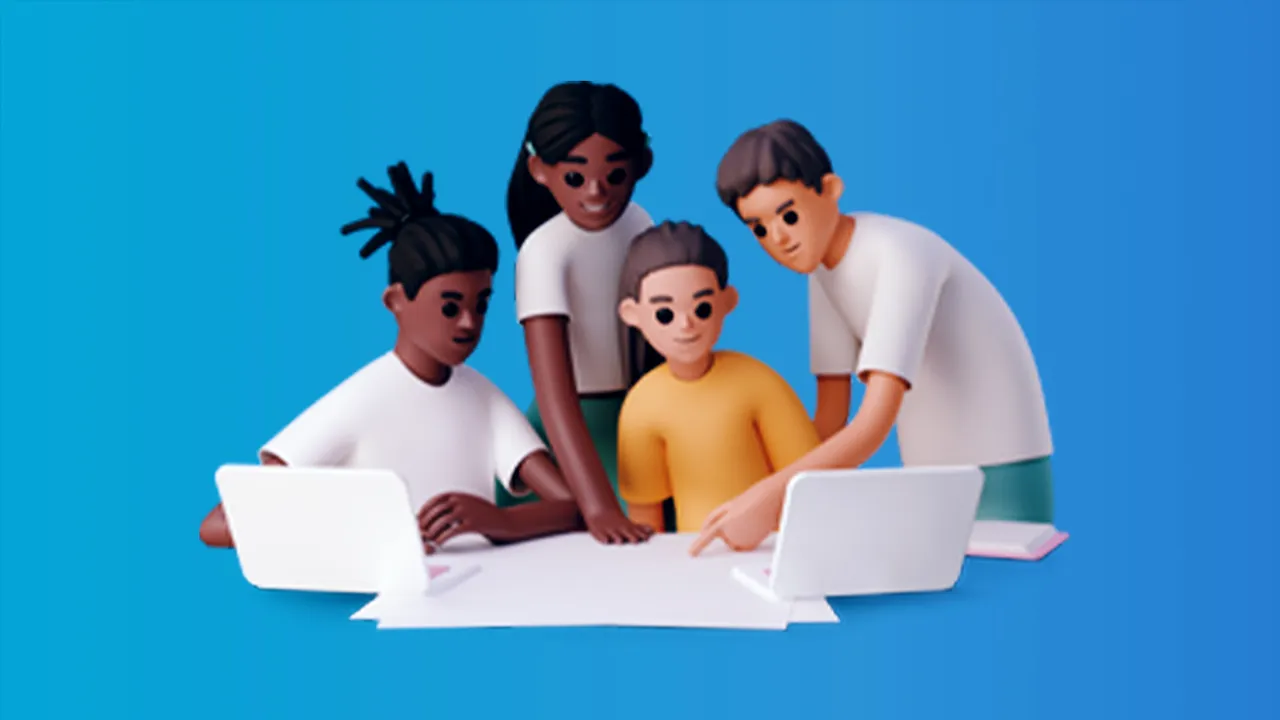 Entry-level Jobs in the Video Game Industry: The Ultimate Guide
Entry-level Jobs in the Video Game Industry: The Ultimate Guide -
 Junior-level Jobs in the Video Game Industry: The Ultimate Guide
Junior-level Jobs in the Video Game Industry: The Ultimate Guide -
 Intermediate-level Jobs in the Video Game Industry: The Ultimate Guide
Intermediate-level Jobs in the Video Game Industry: The Ultimate Guide -
 Senior-level Jobs in the Video Game Industry: The Ultimate Guide
Senior-level Jobs in the Video Game Industry: The Ultimate Guide -
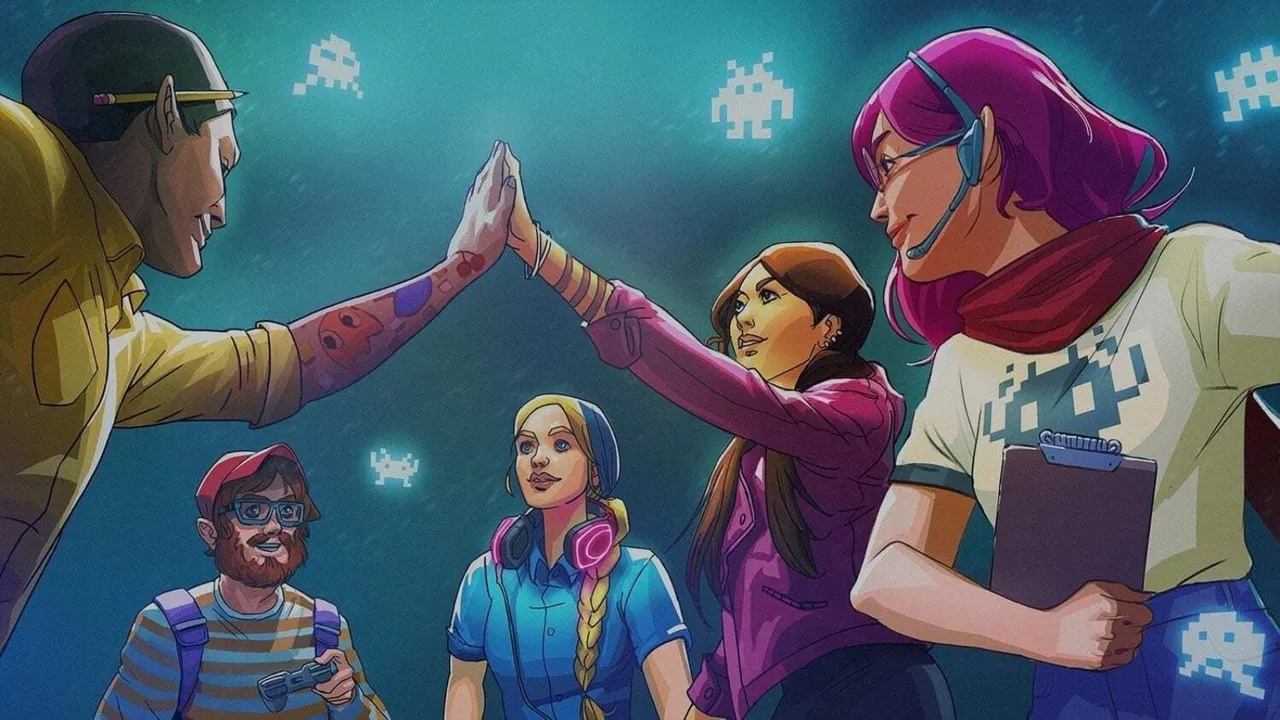 Getting into gaming: Strategies for landing your first game development job with Katherine Mould of Keywords Studios
Getting into gaming: Strategies for landing your first game development job with Katherine Mould of Keywords Studios -
 Art and Animation Jobs in the Video Game Industry: An Overview
Art and Animation Jobs in the Video Game Industry: An Overview -
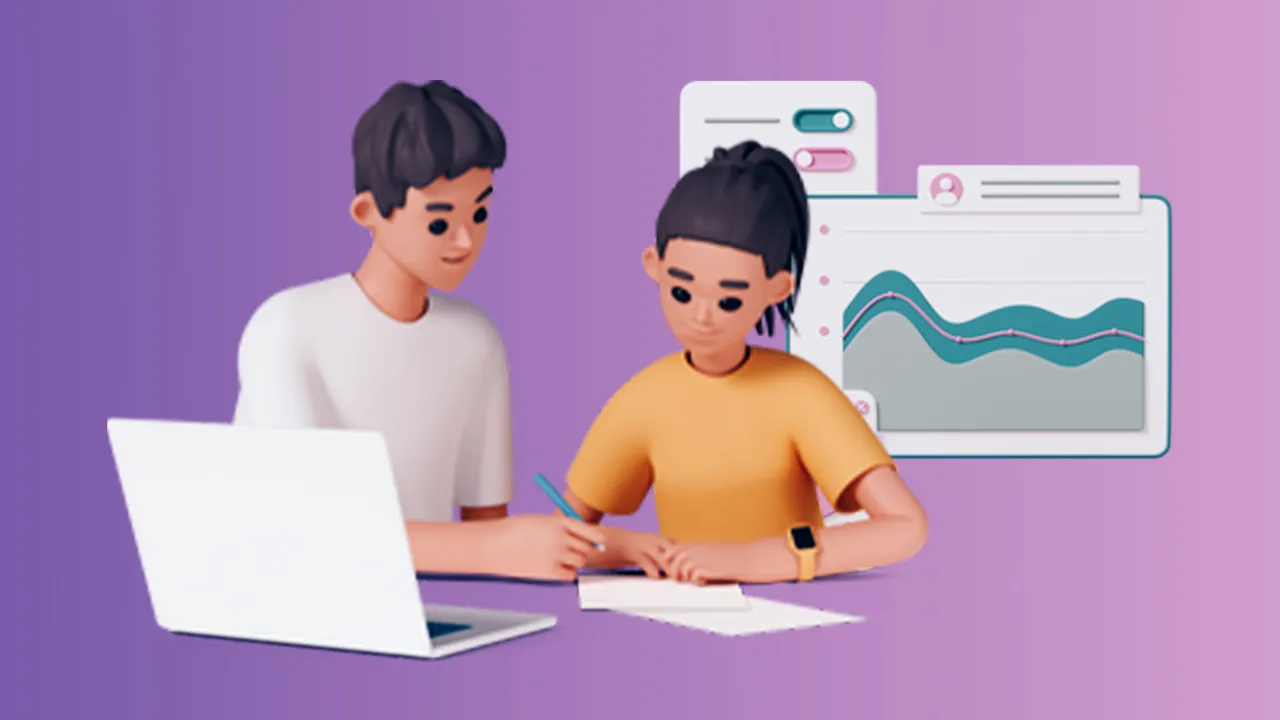 Business Operations Jobs in the Video Game Industry: An Overview
Business Operations Jobs in the Video Game Industry: An Overview -
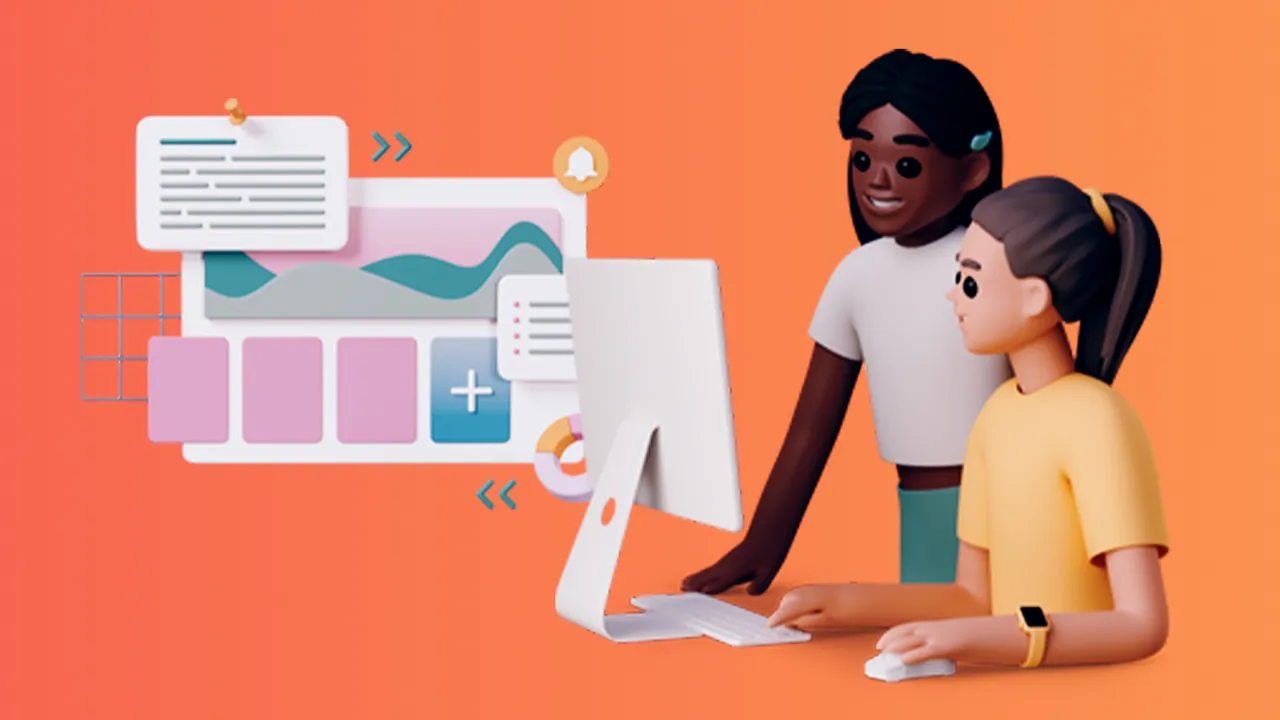 Communications and Marketing Jobs in the Video Game Industry: An Overview
Communications and Marketing Jobs in the Video Game Industry: An Overview -
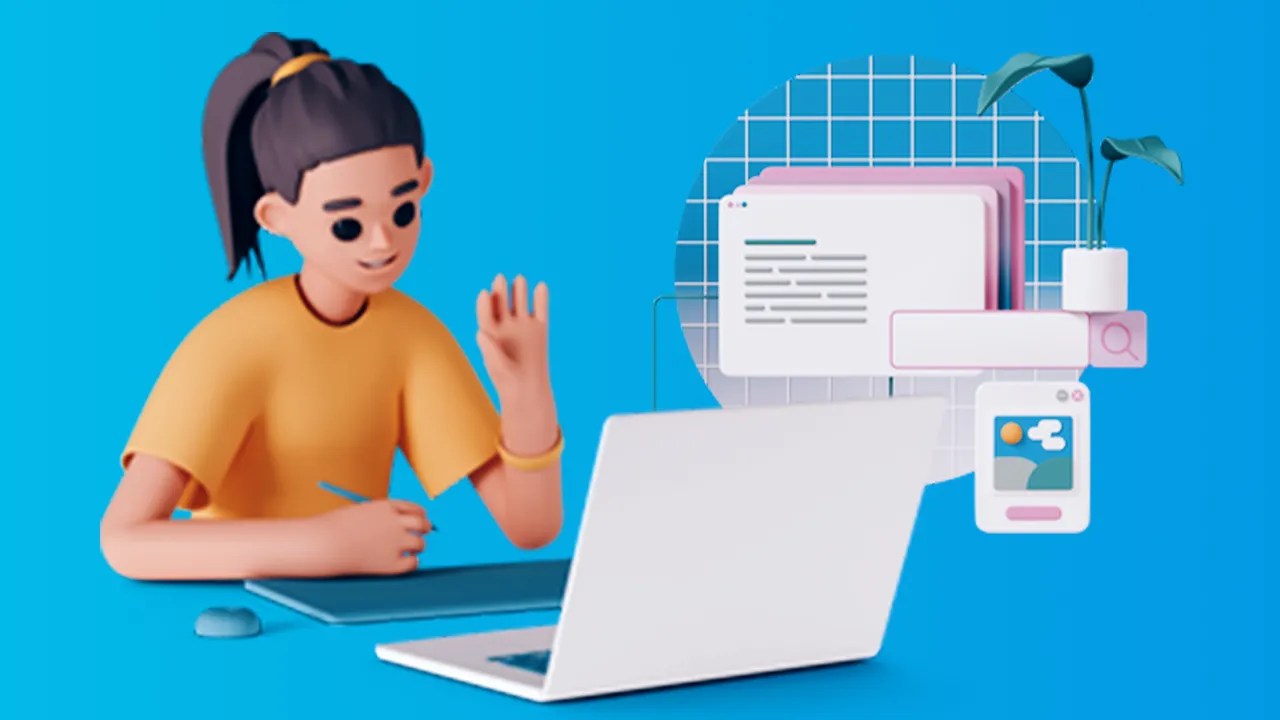 Content Creation Jobs in the Video Game Industry: An Overview
Content Creation Jobs in the Video Game Industry: An Overview -
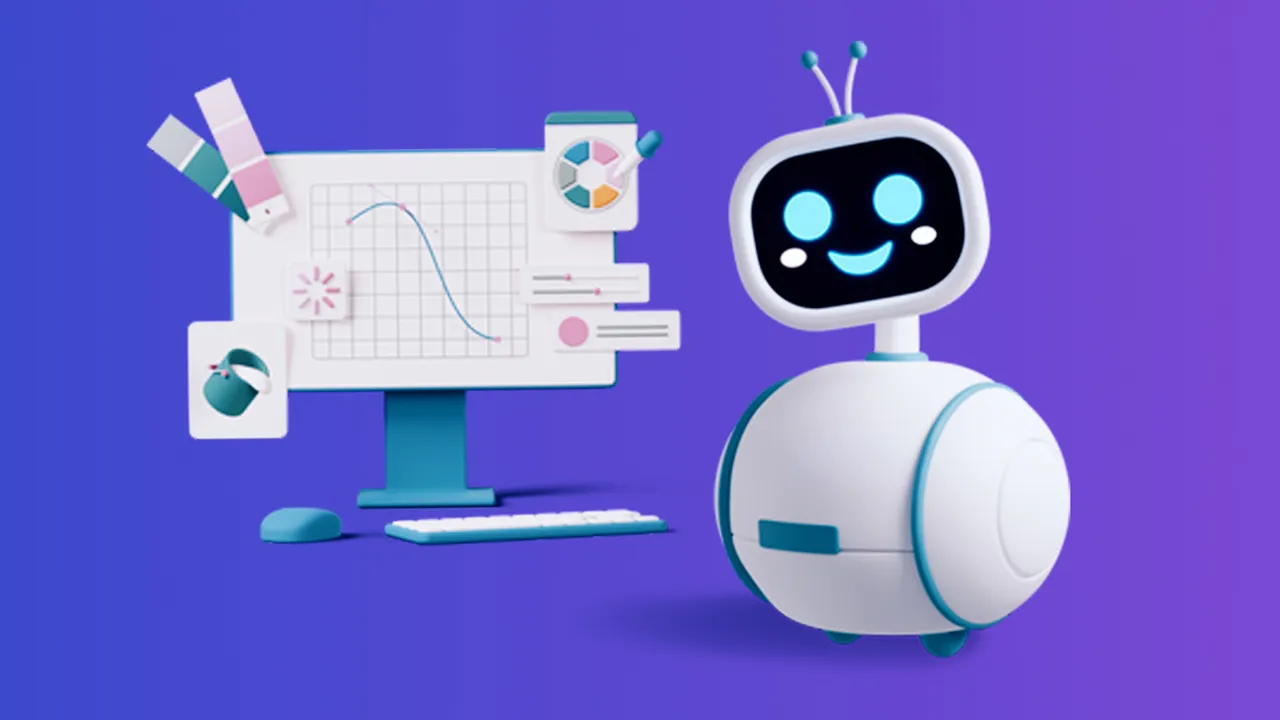 Game Design Jobs in the Video Game Industry: An Overview
Game Design Jobs in the Video Game Industry: An Overview -
 Game Development Jobs in the Video Game Industry: An Overview
Game Development Jobs in the Video Game Industry: An Overview